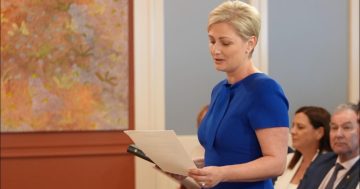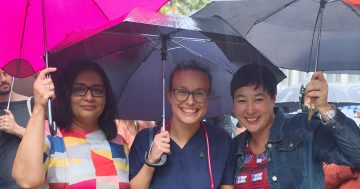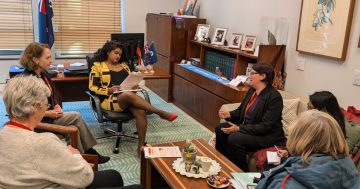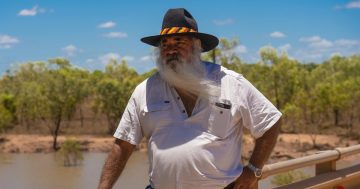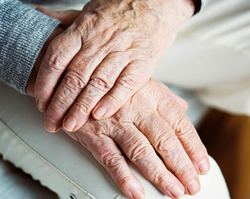 The Australian Human Rights Commission (AHRC) celebrated the International Day of Older Persons last week (1 October) by launching a campaign to raise awareness about the warning signs of elder abuse.
The Australian Human Rights Commission (AHRC) celebrated the International Day of Older Persons last week (1 October) by launching a campaign to raise awareness about the warning signs of elder abuse.
Age Discrimination Commissioner, Kay Patterson said the campaign featured a video targeted towards people who interacted with older Australians.
“Elder abuse can happen to any older person, regardless of their background, and anyone who comes into contact with older people – be it friends, family, health professionals, hairdressers, librarians and many others – may be in a position to notice signs of elder abuse,” Dr Patterson said.
“Social isolation is a driver of elder abuse and the COVID-19 pandemic has increased social isolation for many older people,” she said.
“It has provided ripe conditions for elder abuse to flourish, while also making it harder to identify hidden abuse.”
Dr Patterson said calls to the National Elder Abuse phone line increased by 87 per cent between January and June this year, compared to the previous six months.
The Commissioner said that, prior to the pandemic, the Australian Institute of Family Studies (AIFS) estimated that between two and 14 per cent of older Australians were experiencing elder abuse in any given year, with financial abuse the most prevalent form.
She said troubling accounts from frontline workers had come to her attention during the pandemic with incidents including pressure to change wills; misuse of bank accounts and powers of attorney; cancellation of aged care packages; and limiting of GP visits.
“It is essential that anyone who works, or comes into contact, with older people is equipped to prevent, identify and respond to elder abuse,” Dr Patterson said.
“It is important to appreciate that an older person’s brief encounter with their local GP, hairdresser, librarian or home care service provider, could be one of few opportunities for elder abuse to be spotted and for the older person to be assisted in accessing information and support.”
She said anyone who suspected elder abuse could call the National Elder Abuse phone line on 1800 ELDERHelp or 1800 353 374 for confidential information and support, “it’s okay not to have all the answers”.
“I hope this campaign helps more people to recognise the ‘red flags’ and know that they can do something about it,” Dr Patterson said.


